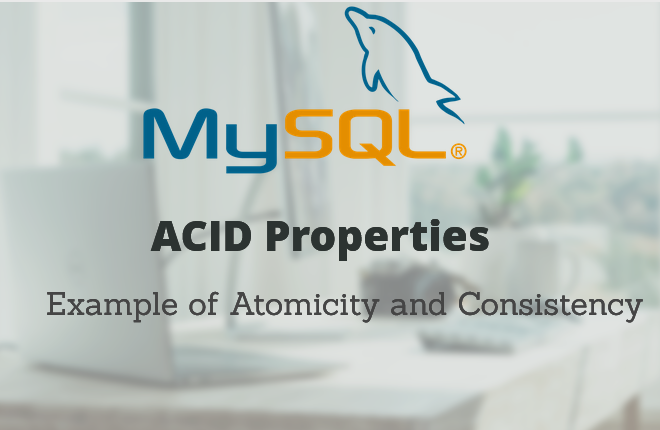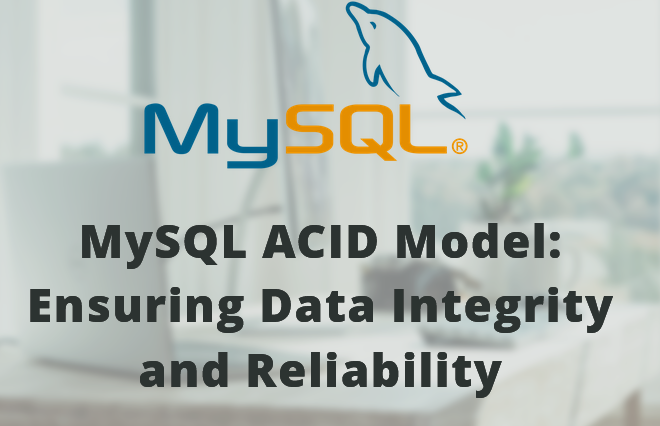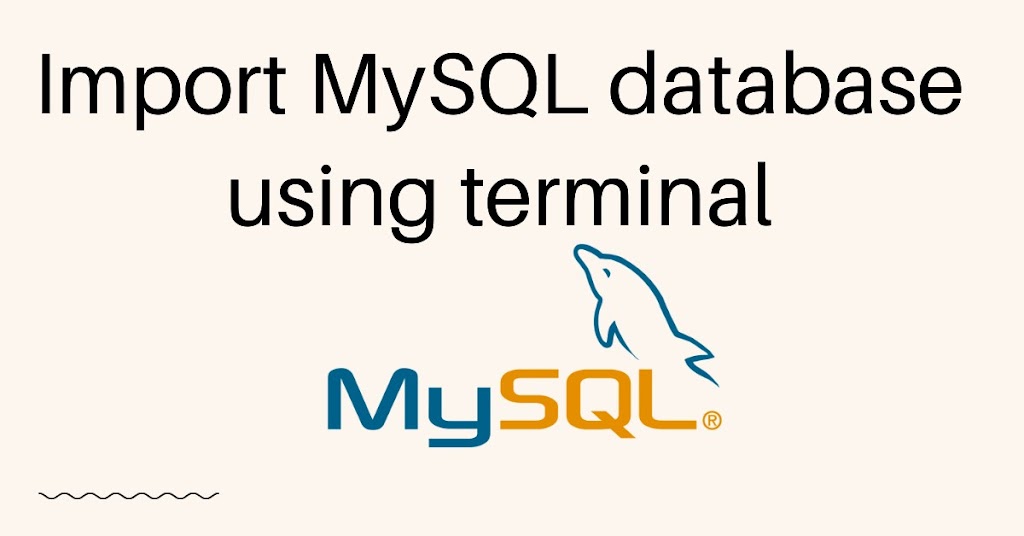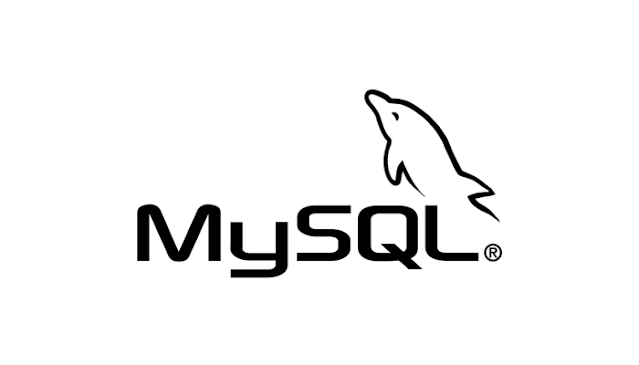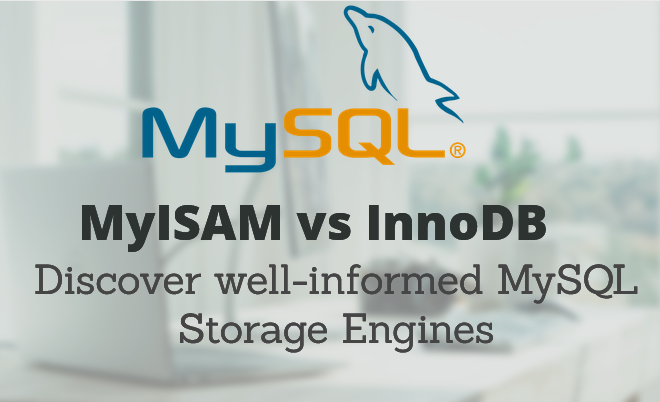MySQL
MySQL: Empowering Exceptional Data Management
MySQL, a widely acclaimed open-source relational database management system (RDBMS), has emerged as a cornerstone in modern data management. Its pivotal role in countless web applications, business systems, and data-driven endeavors underscores its popularity.
Efficiency: MySQL excels primarily in efficiently storing and retrieving data. It achieves lightning-fast response times for applications through optimized indexing and caching mechanisms.
Scalability: Furthermore, MySQL seamlessly scales, allowing businesses to effortlessly expand their databases as data volumes grow. Whether you’re a startup or an enterprise, MySQL has you covered.
Reliability: Robustness is a hallmark of MySQL. It ensures data integrity, even in the face of hardware failures or system crashes, thanks to ACID compliance.
Security: In data management, security is paramount. provides comprehensive security features, including encryption, user authentication, and access control, effectively safeguarding your data from threats.
Cost-Effective: Being open-source, reduces licensing costs, making it an ideal choice for businesses looking to optimize their IT budgets.
Community Support: The community is vibrant and active, with developers and users continuously contributing to its growth and improvement. This ensures you have access to a wealth of knowledge and support.
Compatibility: It supports various platforms and programming languages, offering flexibility and seamless interoperability.
MySQL goes beyond being a database system; it serves as a catalyst for achieving data management excellence. Its efficiency, scalability, reliability, security, cost-effectiveness, community support, and compatibility collectively establish it as the preferred choice for businesses and developers seeking a solid foundation for their data-driven endeavors.
ACID Properties: Basic Example of Atomicity and Consistency
The ACID properties—Atomicity, Consistency, Isolation, and Durability—are fundamental principles that ensure reliable transactions in a database. To know more about ACID Properties, This article focuses on two key properties: Atomicity and Consistency, with practical examples using MySQL. ACID Properties in MySQL A transaction’s atomicity guarantees that several database operations are handled as a single unit. […]
MySQL ACID Model: Improve Data Integrity and Reliability
MySQL has InnoDB storage engine, that strictly follow the ACID Model to prevent data corruption and results distortion from unexpected occurrences like hardware failures and software crashes. You don’t have to design consistency checks and crash recovery techniques when you can rely on features that comply with ACID standards. If your hardware is extremely dependable, […]
MySQL Database Import: 3 important methods
Welcome to the ultimate guide for simplifying MySQL database import! Whether you’re a seasoned developer or just starting, this comprehensive guide is packed with expert tips and strategies to make your data import process a breeze. In this guide, we delve into proven techniques to streamline your data migration. Our step-by-step instructions will walk you […]
MySQL Query log for improved queries
The identification and optimization of sluggish database queries is essential for maintaining a high-performing application in the area of web development and database management. The MySQL Slow Query Log is a crucial weapon in your toolbox for accomplishing this. This guide will walk you through the process of efficiently enabling the MySQL Slow Query Log. […]
Insider Tip : Boost MySQL optimization table
Improving MySQL optimization table is essential for effective data storage. A more efficient and productive database infrastructure is required as companies depend more and more on data-driven insights. Even with its reputation for resilience and adaptability, MySQL may gain a great deal from well-executed optimization techniques. We explore several facets of MySQL optimization table in […]
MySQL ERROR 2002 (HY000): Can’t connect to local MySQL server through socket ‘/var/run/mysqld/mysqld.sock’
Somehow the MySQL server process did not create the socket, or the client is looking for the socket in the wrong place that is why MySQL is generate ERROR 2002 (HY000): Can’t connect to local MySQL server through socket To prevent “MySQL Error 2002 Can’t connect to local MySQL server through socket“, we have to […]
MyISAM vs InnoDB: Discover well-informed MySQL Storage Engines
The storage engine that is used with MySQL databases can have a big impact on features, dependability, and performance for developers. MyISAM and InnoDB are two of the most used engines. This article explain difference between MyISAM vs InnoDB and advantages and disadvantages of each database engines. MyISAM Overview MyISAM, which was originally MySQL’s default […]
Magento site down due to mysql error General error: 1030 Got error -1 from storage engine
This error is generated when InnoDB cannot write to its data files. I have seen reports of this when the disk is full. if the files or folder permission changed so you can’t write to them. try deleting the folders var/cache and var/session. Another report was when someone enabled innodb_force_recovery to a value greater than […]
Create User in Mysql
CREATE USER ‘monty’@’localhost’ IDENTIFIED BY ‘some_pass’; GRANT ALL PRIVILEGES ON *.* TO ‘monty’@’localhost’ WITH GRANT OPTION;
MySQL BETWEEN Operator
The BETWEEN operator is used to select values within a range. Syntax SELECT columnName FROM tableName WHERE columnName BETWEEN value1 AND value2; Demo SELECT * FROM employee_tbl WHERE daily_typing_pages BETWEEN 170 AND 300;
